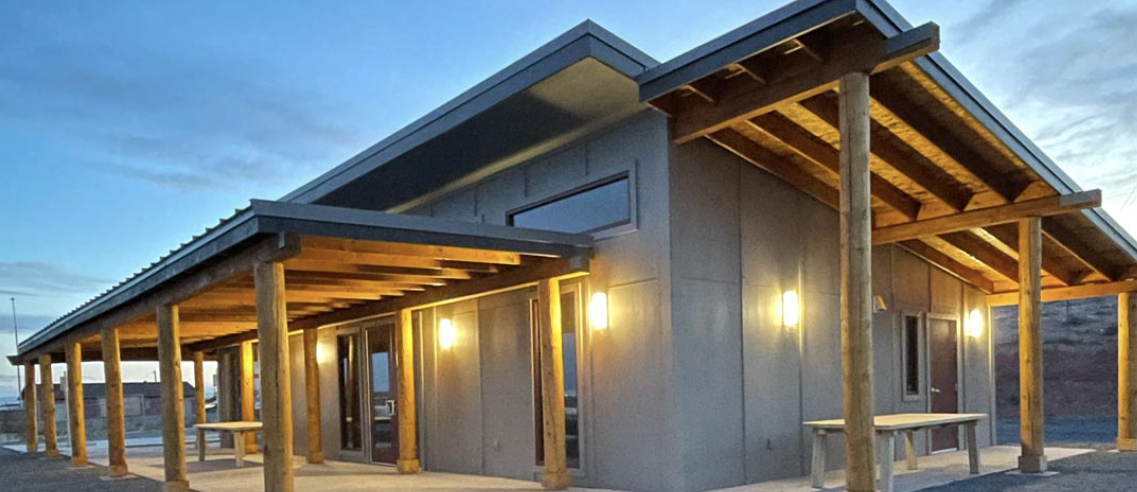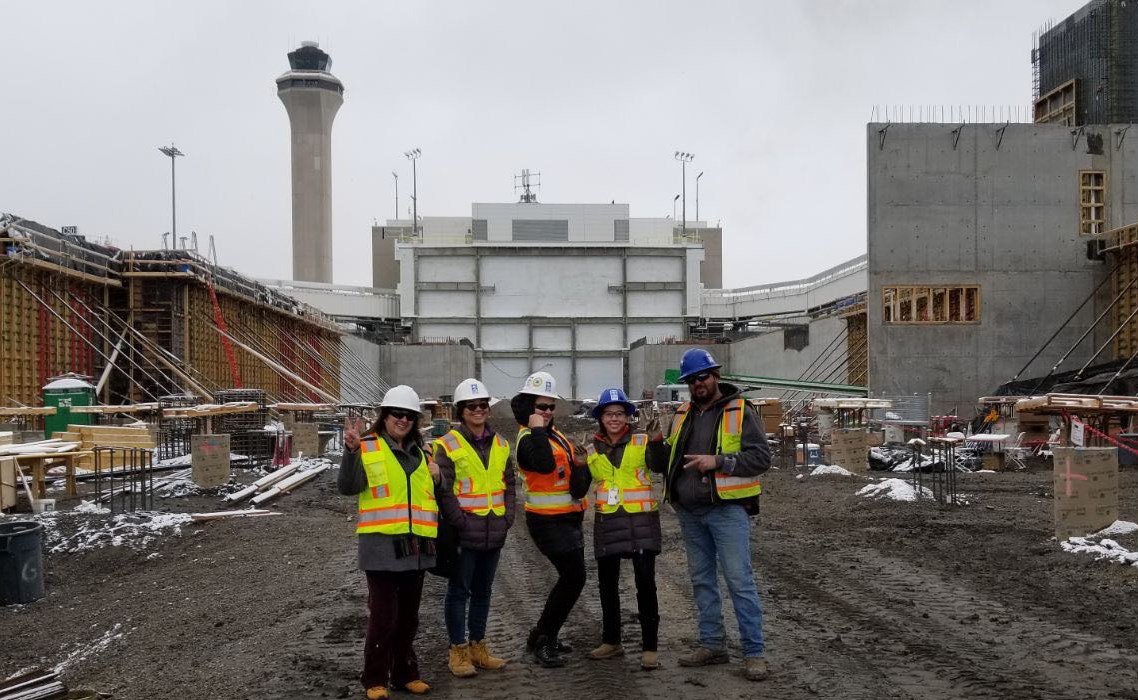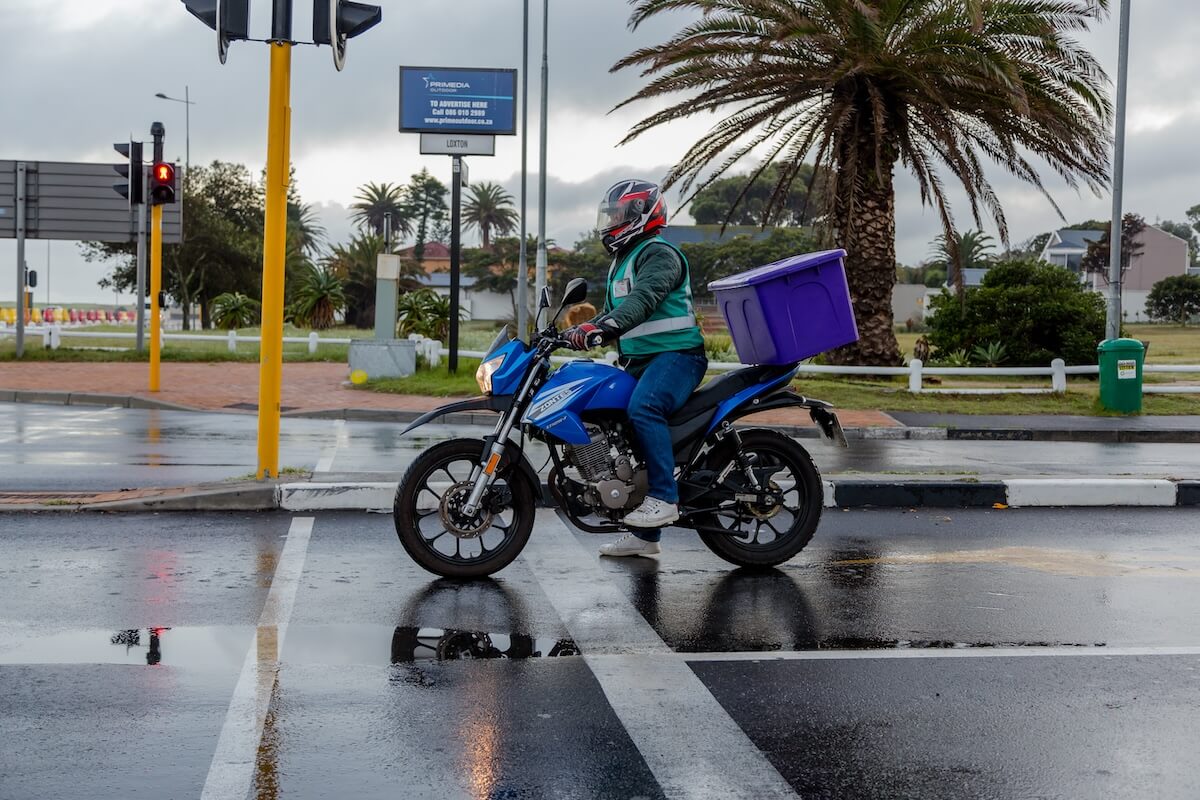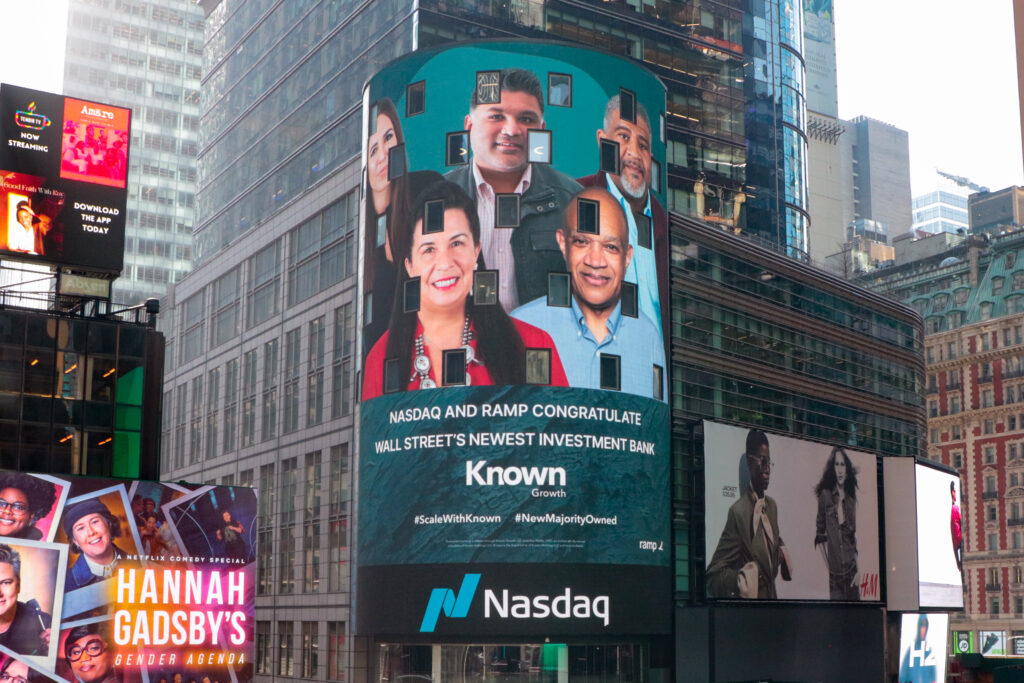ImpactAlpha, June 20 – Extreme resource constraints and bureaucratic obstacles on tribal lands have stifled entrepreneurship and economic development in Indigenous communities. A business incubator on the Navajo Nation aims to improve the odds of success by guiding Navajo and Hopi business owners to resources, services and networks.
Indigenous-led nonprofit Change Labs has opened the doors to its entrepreneurship center in Tuba City, Ariz. The hub in the largest town on the reservation (population 9,000) is a rare community event and office space that hosts trainings, workshops, Internet access and business advisory services.
“We want Navajo entrepreneurship to be a source of pride, creativity, innovation and celebration in the community,” Change Labs’ Heather Fleming tells ImpactAlpha. The hub, she says, “is a resource by Native people for Native people. It’s a symbol of permanency.”
Indigenous contracting
A US law requires the Department of the Interior “to purchase supplies, services, and certain kinds of construction from qualified tribal vendors.” In practice, few Indigenous-owned businesses are able to compete for such contracts. There’s also a wealth of opportunities for entrepreneurs to improve basic services on the reservation, including recycling, clean water, electricity access and health services, says Fleming.
Such opportunities can’t be seized when the challenges to launching and running – much less scaling – a business are as basic as “‘I don’t have a desk to work from at home,’ or ‘I don’t have a printer,’ or ‘I don’t know where to go to get this question answered,’” she adds.
Change Labs’ journey to opening its entrepreneurship hub is a case study for one of the biggest challenges for on-reservation businesses: access to land. In a 2018 interview with ImpactAlpha, Fleming said the organization had identified a site. “We expect it will take us a year to get the space up and going,” she said at the time.
It was only the first of many sites Change Labs chased; the organization was repeatedly denied a site lease, or ghosted amid inquiries, because of unclear land policies, poor governance and red tape. “It was just excuse after excuse,” recalls Fleming.
In 2021, Fleming was contacted by a member of Tuba City’s local government who told her, “I’ve heard that you guys are looking for land. I have an idea—I don’t know if it’ll work.” Tuba City offered to lease Change Labs a plot of land on which it could build a space.
Still, the organization dealt with challenges to its lease, supply chain issues with its developers, and uncertainty about whether it could get power connected until weeks before its hub opened. Fleming says Change Labs’ journey underscores why so many promising business ideas fail.
“People in the community are trying to do good things for the community, and they constantly get told no,” she says. “We hope organizations like ours will be the ones to shift that narrative.”











